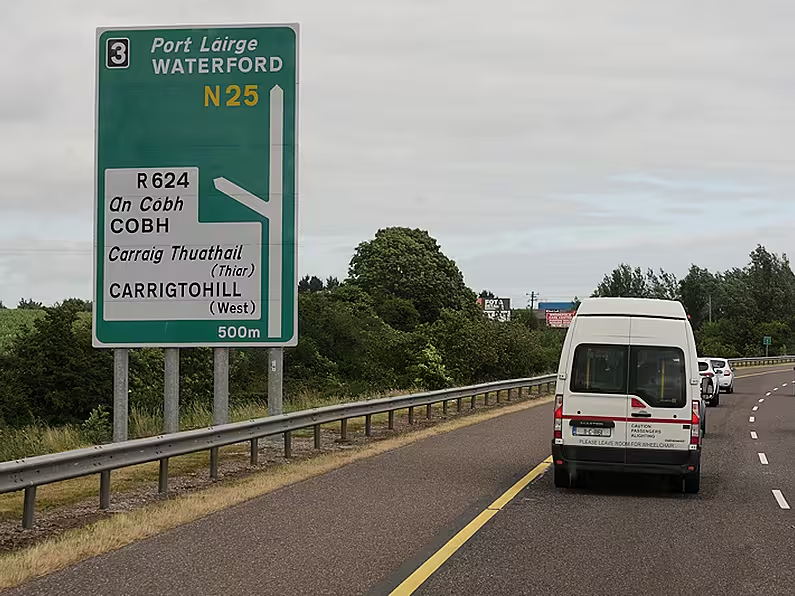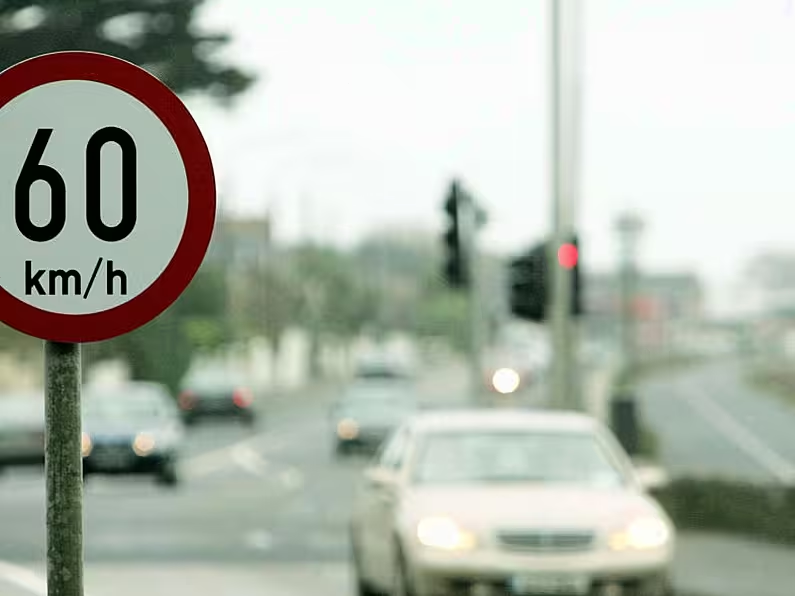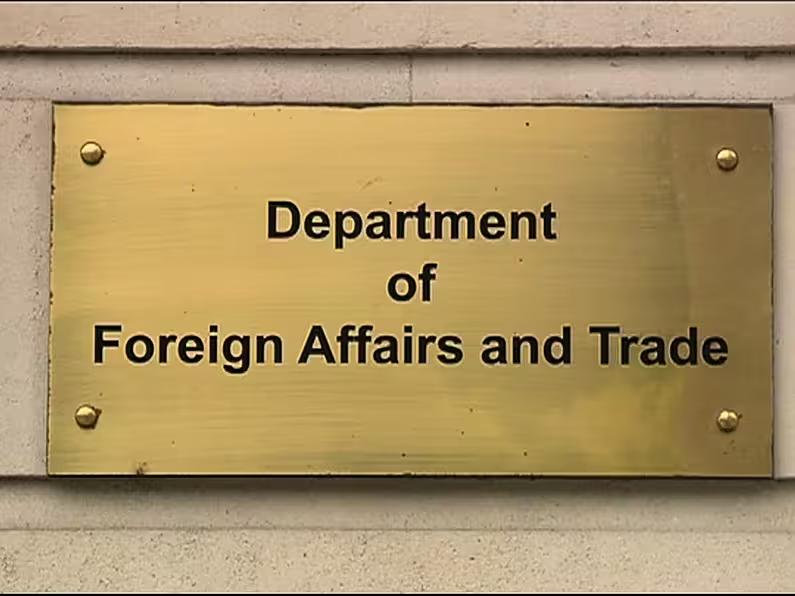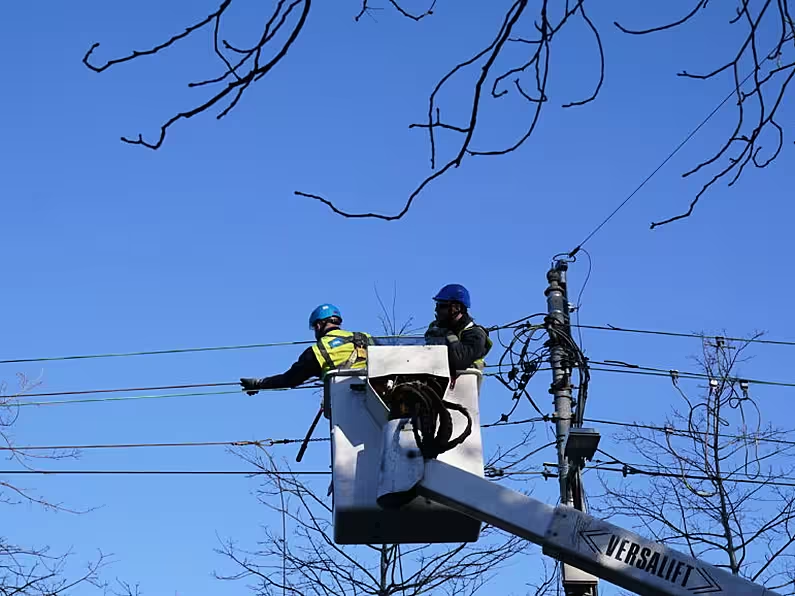Representatives from the hospitality sector are once again due to meet the Government to discuss the reopening of indoor dining, which is hoped to go ahead on July 19th.
There was disappointment at last week's announcement that the further reopening of the sector is to be delayed a number of weeks. However, the real kicker was the plan to only allow people who have either been fully vaccinated, or have recovered from the virus in the past nine months, to dine indoors when the reopening does go ahead.
The move has faced widespread criticism, with representative bodies and opposition parties labelling the approach discriminatory and ageist, as it is largely younger people who are yet to be vaccinated.
Today's discussions aim to find a fair and workable way to fully reopen the sector, and antigen testing may be high up on the agenda...
What changes are being discussed?
Minister for Foreign Affairs Simon Coveney said antigen testing may form part of the reopening plan, as they could allow for people who have not been vaccinated/recently recovered from the virus to take a quick Covid test beforehand – if it's negative they can dine inside.
This would make the proposed “corona pass” for indoor dining similar to the EU Digital Covid Certificate, which is available to vaccinated and recovered passengers in addition to those who test negative for the virus. However, the key difference is that the travel certificate requires the “gold standard” PCR test, rather than an antigen test.
Are antigen tests reliable?
The jury is out on their reliability, but many experts say they are useful in certain settings.
The ability to detect asymptomatic Covid cases is a particular concern, with a recent HSE review finding antigen tests missed a “significant proportion” of cases, with just 52 per cent of positive cases detected when a single antigen test was taken compared to a PCR test.
The main draw of antigen tests is their speed, with some tests offering results in as little as 15 minutes.
However, as the tests do not need to be administered by a trained sampler, or be processed in a lab, this raises questions regarding the implications of improper sampling technique and the potential to falsify results.
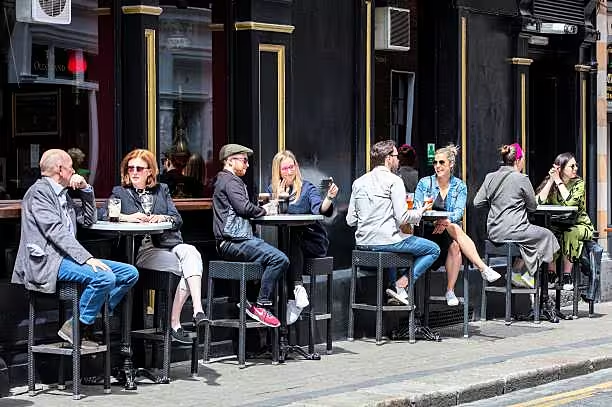
Indoor dining was originally due to return on July 5th, following the reopening of outdoor dining on June 7th. Photo: Paul Faith/AFP via Getty
How will the antigen testing work?
As discussions are ongoing, it is not yet clear whether those hoping to dine indoors would complete the antigen test before arriving at the venue, or when they arrive.
It is also not clear whether the test sample would be taken by a member of staff, or by the person themselves.
What are the experts saying?
Many experts have raised concerns regarding the ease with which antigen test results can be manipulated, whether by incorrect sampling method or by using agents which produce a negative result.
This issue was raised by members of the National Public Health Emergency Team (Nphet) when they appeared before the Oireachtas transport committee last month.
On Monday, immunologist Prof Kingston Mills reiterated these concerns. He said there is huge benefit to using antigen tests in the workplace and at large sporting and cultural events. However, in small indoor settings, such as restaurants, they could be a "recipe for disaster".
Prof Mills also raised concerns that there is no way to verify negative antigen test results, meaning positive cases could be missed, leading to wider outbreaks in these settings.
When will we be back eating indoors?
In his announcement last week, the Taoiseach said July 19th was the date by which the Government hoped to have the “corona pass” verification system in place for indoor dining, but Mr Martin subsequently said the date was not definite.
Officials still seem to be working towards that date, but hospitality representatives have called for certainty to allow businesses time to prepare and adopt the necessary changes.







